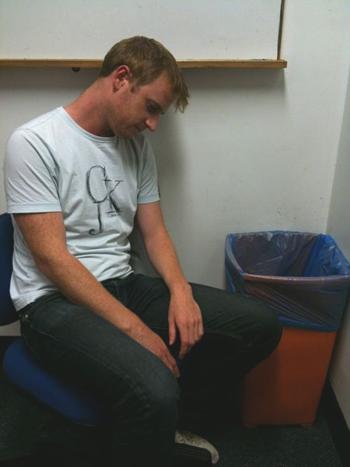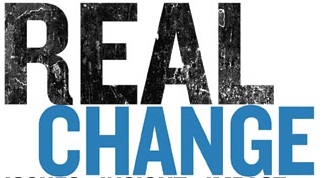Untangling Fear and Anger When Abused
I’ve had experience with the “or else” fear mentality of anger. Coming from abuse, it was difficult to feel anger and love coexisting simultaneously. Years later, as an adult, it’s still been a challenge to untangle the two.

And, in my eating disorder recovery, I’ve frequently encountered individuals who have also been plagued with the struggle of anger versus love. Most of the time, in talking with young girls and women, if there’s ever been a disagreement, they often view it as me “hating” them, all of a sudden. Not true.
Even if/when I’m angry about something, it’s not hatred. But, because of the importance subscribed to approval, unless there is an overjoyed, enthusiastic “yes response,” rejection, hatred and all manner of negative conclusions are viewed to be the only result.
We have gotten the anger thing quite twisted. Scripture tells us anger will come. How we respond to it is the greater.
Be ye angry, and sin not Ephesians 4:26
Easier said than practiced, I know. But I think a key to it is recognizing anger does not equal hatred/loss of love. We can be angry and love fiercely at the same time.
Someone once said the opposite of love is not hate; it’s indifference. Good point.
Untangling Fear and Anger When Abused Read More »






 people prefer the ‘good old days’ when they were more compliant and self-sacrificing. Unpleasant emotions, once medicated with addictive substances or processes, may be experienced as threats to relationships that have adapted over the years to the insanity of addiction. Some people in recovery experience hostility when they start telling the truth in social systems which have been committed to silence for generations. Other people experience shame and rejection when people are skeptical about or merely uncomfortable with the changes that recovery brings.
people prefer the ‘good old days’ when they were more compliant and self-sacrificing. Unpleasant emotions, once medicated with addictive substances or processes, may be experienced as threats to relationships that have adapted over the years to the insanity of addiction. Some people in recovery experience hostility when they start telling the truth in social systems which have been committed to silence for generations. Other people experience shame and rejection when people are skeptical about or merely uncomfortable with the changes that recovery brings.

 Recovery involves the entire person: spiritual, physical, emotional and mental. You can recover from abuse, addiction, eating disorders, anxiety, shame, guilt, anger, alcoholism, codependency, suffering, grief, depression and more!
Recovery involves the entire person: spiritual, physical, emotional and mental. You can recover from abuse, addiction, eating disorders, anxiety, shame, guilt, anger, alcoholism, codependency, suffering, grief, depression and more!